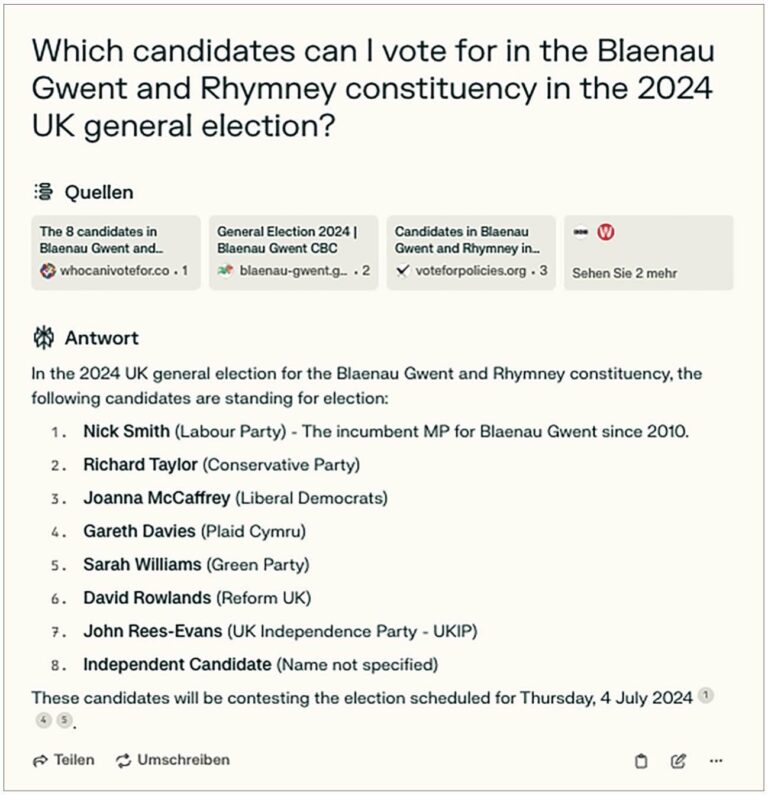In a significant diplomatic engagement, Wang Huning, a senior Chinese official and member of the Standing Committee of the Political Bureau of the Communist Party of China, met with Umaro Sissoco EmbalĂł, the President of Guinea-Bissau, to strengthen bilateral ties between the two nations. The meeting, held at the Chinese Ministry of Foreign Affairs, underscores Chinaâs commitment to enhancing cooperation with African countries and furthering mutual interests in various sectors, including trade, investment, and infrastructure development. As both nations navigate the complexities of the global landscape, this encounter marks a pivotal moment in their ongoing partnership, aiming to leverage shared goals for sustainable development and economic growth.
Wang Huning Strengthens Bilateral Relations with Guinea-Bissau During Key Meeting
Wang Huning’s recent engagement with President Umaro Sissoco EmbalĂł marks a significant step in enhancing the diplomatic ties between China and Guinea-Bissau. During their discussions, both leaders emphasized the importance of cooperation in various sectors, which aims to bolster economic development and cultural exchange. Key areas of focus included:
- Infrastructure Development: Exploring investment opportunities in Guinea-Bissauâs infrastructural projects.
- Agricultural Enhancement: Collaborative initiatives to improve agricultural productivity through technology sharing.
- Cultural Exchange Programs: Promoting mutual understanding through educational and cultural ties.
The meeting underscored a mutual commitment to strengthening partnerships that foster growth and development in both nations.
President EmbalĂł expressed appreciation for China’s willingness to support Guinea-Bissau’s development goals. He highlighted the importance of bilateral cooperation in addressing challenges such as poverty and infrastructure deficits. Wang Huning acknowledged the strategic position of Guinea-Bissau in West Africa and reiterated China’s commitment to providing technical assistance and investment support. A summary of proposed future collaborations is outlined in the table below:
| Area of Cooperation | Proposed Initiatives |
|---|---|
| Healthcare | Investment in medical facilities and training for healthcare professionals. |
| Technology | Joint ventures focused on telecommunications and renewable energy. |
| Trade | Facilitating trade agreements to enhance exports and imports between the countries. |
Focus on Economic Cooperation: Opportunities and Challenges Highlighted in Discussion
The recent meeting between Wang Huning, a senior Chinese leader, and President Umaro Sissoco EmbalĂł of Guinea-Bissau has opened doors for enhanced economic collaboration. Both leaders underscored the potential for fruitful partnerships through various sectors, which could lead to significant advancements in mutual economic growth. Areas identified for cooperation include:
- Agriculture: Joint ventures to boost food production and security.
- Infrastructure: Developing transportation and energy projects.
- Trade: Expanding trade agreements to facilitate smoother exchanges.
However, challenges remain that could impact these aspirations, including the need for sustainable practices and additional investment to address economic disparities. As both nations aim for a robust partnership, they are also tasked with navigating issues such as:
- Regulatory Frameworks: Establishing clear guidelines to promote investor confidence.
- Cultural Differences: Bridging gaps in business practices and values.
- Political Stability: Ensuring a conducive environment for long-term collaboration.
| Opportunities | Challenges |
|---|---|
| Increased investment in key sectors | Need for robust governance structures |
| Technology exchange and innovation | Managing economic volatility |
| Enhanced trade routes | Cultural integration and collaboration |
Political Alignment and Support: Implications for China’s Influence in West Africa
The recent meeting between Wang Huning and President Umaro Sissoco EmbalĂł of Guinea-Bissau underscores the strategic political alignment shaping China’s influence in West Africa. As China deepens its diplomatic and economic ties with this region, support from local leaders becomes pivotal. Both nations have emphasized their commitment to mutual cooperation, highlighting areas such as:
- Infrastructure Development: Investments in transportation and energy projects.
- Trade Partnerships: Enhancing import and export activities to stimulate local economies.
- Cultural Exchange: Promoting bilateral cultural programs to strengthen ties.
This partnership not only reflects China’s growing clout in West Africa but also positions Guinea-Bissau as a key player in the region’s political landscape. As these relationships are solidified, potential implications may include shifts in regional alliances and increased competition with Western nations. Observers note that the implications of this meeting could manifest in several ways, such as:
| Potential Implications | Description |
|---|---|
| Increased Investment | More Chinese enterprises entering the West African market. |
| Political Support | Stronger backing for Guinea-Bissau in international forums. |
| Strategic Alliances | Formation of coalitions with other African nations favoring Beijing. |
Final Thoughts
In conclusion, the meeting between Wang Huning and President Umaro Sissoco EmbalĂł marks a significant step in strengthening diplomatic ties between China and Guinea-Bissau. Both leaders emphasized the importance of cooperation in various sectors, including trade, education, and infrastructure, to foster mutual growth and development. As China continues to expand its influence in Africa, this diplomatic engagement highlights its commitment to supporting the continent’s nations in their pursuit of sustainable progress. The outcomes of this dialogue may pave the way for future collaborations, further enhancing relations that benefit both countries and their peoples. As the global landscape evolves, such partnerships will be crucial in addressing shared challenges and creating opportunities for cooperation.







